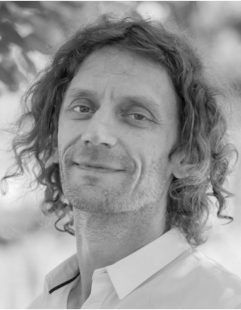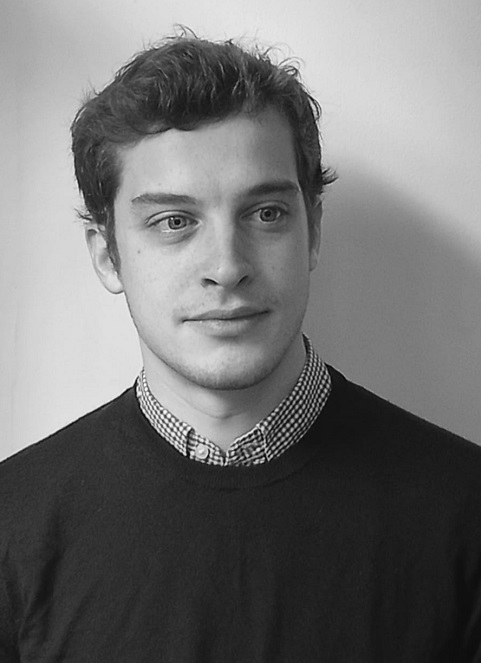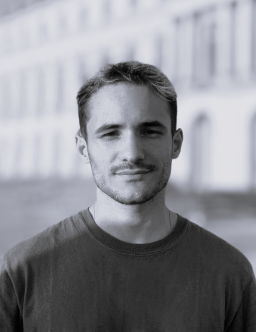Project in Prairie
Emmanuel Barillot’s research focuses on Computational Systems Biology of Cancer. It aims at understanding the molecular basis of cancer using large-scale molecular profiles (omics) and clinical records, and at predicting disease evolution, potential therapeutic targets, and treatment outcome (precision medicine). To achieve this goal I develop computational approaches based on machine learning, network and prior knowledge modeling.
Molecular and phenotypic data about tumors and models are accumulating at an ever-increasing pace, and is becoming a routine source of information in the medical setting, thanks to lowering costs and improved biotechnological devices (DNA sequencing, mass spectrometry, imaging…). As a consequence, the bottleneck in cancer research has shifted from data acquisition to computational analysis. We still lack powerful computational models and analytical approaches to convert our deepened observations into full understanding of the biology of cancer and to optimize the benefit for patients. My work at the intersection of molecular oncology, mathematical modeling and machine learning is designed to overcome these limitations.



